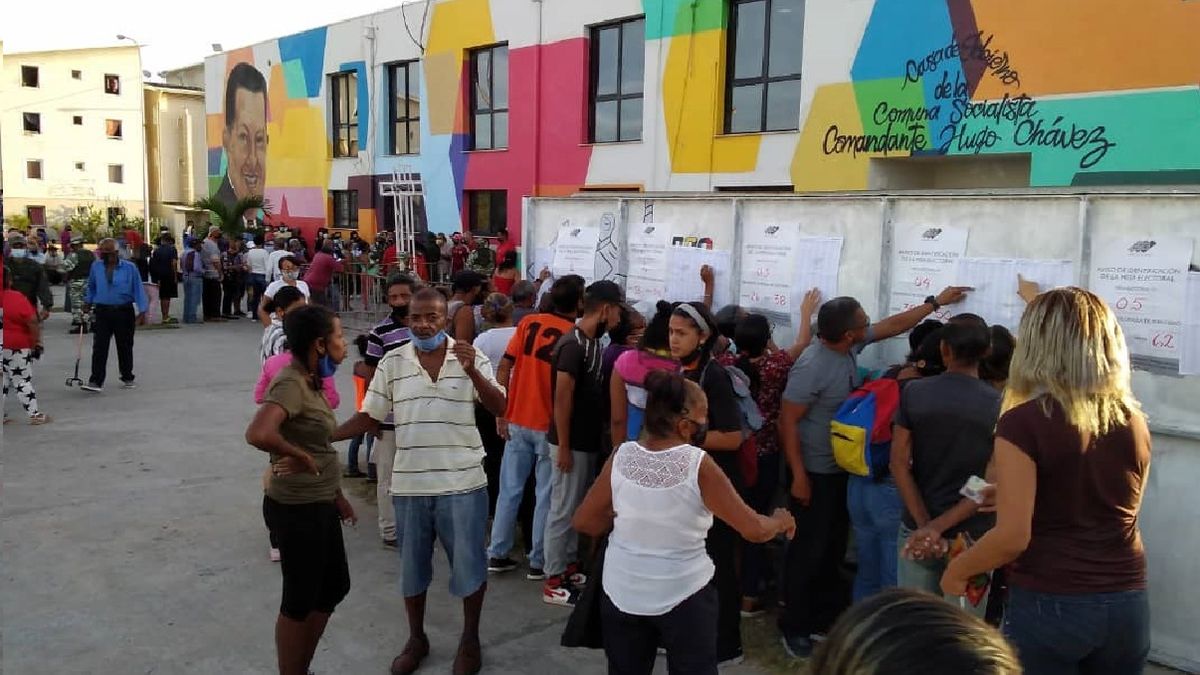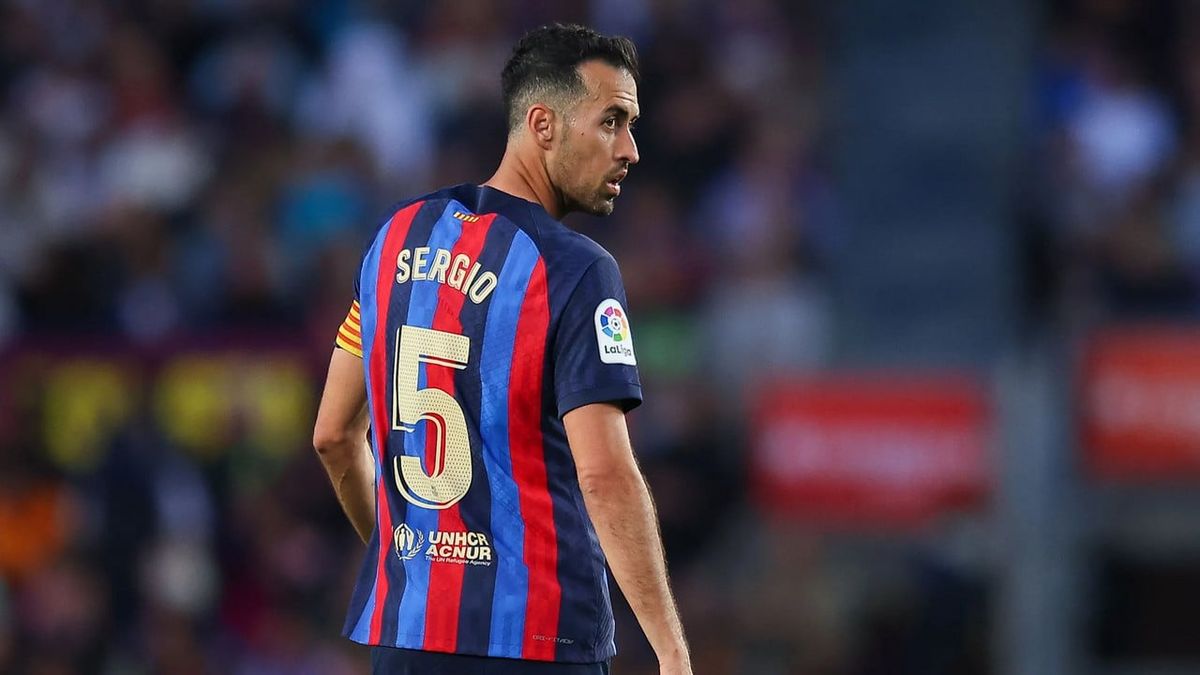Isabel Santos, head of the Electoral Observation Mission of the European Union (EOM-EU) said today that they are “taking note” of all the details that occurred in the “mega-elections” that are taking place this Sunday throughout the country.
“So far the problems have been solved in one way or another, but they are things that we will address later. However, the news is that the problems tend to be solved and people are voting calmly,” he told reporters after holding a tour of various polling stations in Caracas.
The Election Observer Mission of the European Union, which returned to the country after a 15-year absence, will give a preliminary report on November 23 on what was observed in the elections, while at the beginning of February they will show the final report in Caracas.
Nevertheless, In the San Francisco municipality of Zulia state, one dead and two injured were reported after a gunshot attack by an allegedly unidentified group in the vicinity of a school, according to the local newspaper La Verdad.
Likewise, the regional opposition deputy Eduardo Labrador denounced that, also in San Francisco, he was beaten by pro-government sympathizers, in a video in which he is seen with blood on his head, face and shirt.
“We are going to have a very good turnout,” predicted the president of the National Electoral Council (CNE), Pedro Calzadilla, and assured that all the tables had been installed after “some incidents” that were solved.
The question of participation is key for both the ruling party and the opposition, and that coincidence had a higher profile in the electoral campaign than the political confrontation between the two sectors.
The government seeks to recover international legitimacy after the 2018 presidential elections and the 2020 parliamentary elections, unknown by more than 50 countries, and thus recover the handling of funds abroad blocked by sanctions from various nations and international organizations.
At the same time, the opposition seeks to recover spaces with a view to the 2024 presidential elections, after the majority abstention in the 2018 and 2020 elections.
However, the latest polls predicted that turnout at the polls would be below half the register.
Maduro voted this afternoon at a school located within Fort Tiuna, the largest military barracks in the country, in Caracas, and after doing so he vindicated the country’s electoral system.
“We celebrate the day the 29th day in 22 years, Venezuela has a world record in electoral events with the best electoral system: easy, accessible and auditable,” he said.
“It is ultra-easy to vote, in less than a minute I had already presented the ballot; one voter, one vote, not like in the past, when the dead voted and one person voted up to 20 times, that is over in Venezuela,” added the president. , according to the Sputnik agency.
Capriles voted at noon at a school in the elegant Las Mercedes neighborhood, in Baruta -one of the five municipalities that make up Caracas-, and celebrated through Twitter that “Venezuela expresses itself.”
“Each Venezuelan decides with his vote what seems best to him; I believe that, without any doubt, rights must be fought for and exercised; I am sure that we will have a voice in the 335 municipalities and 23 states of the country,” Capriles told journalists, according to the Europa Press agency.
While, Guaidó, recognized as interim president of Venezuela by about 60 countries, reiterated that he would not vote because “there are no conditions for a free and fair election in Venezuela,” although he did not urge the public to imitate him.
More than 21.1 million citizens are entitled to elect 23 governors, 335 mayors, 253 state legislators and 2,471 councilors, in total 3,082 positions for which 70,244 people ran.
The CNE enabled 30,106 voting machines distributed in 14,272 voting centers that will close at 6:00 p.m. (7:00 p.m. in Argentina) but may remain open if at that time there were citizens lining up to vote.
For the first time since the 2006 presidential elections, the government admitted the performance of electoral observers instead of the usual “companions.”
The difference is that while the observers choose which parts of the process to supervise and which places to visit, the companions can only access where the government invites them.
For this electoral process, eight foreign observer missions were accredited – including the UN, the EU and the Carter Center – and six from local ones, Calzadilla reported days ago.
The results will begin to be released as they become irreversible, although no further delays are expected because the entire system is automated, sources from the electoral authority said.
Source From: Ambito
David William is a talented author who has made a name for himself in the world of writing. He is a professional author who writes on a wide range of topics, from general interest to opinion news. David is currently working as a writer at 24 hours worlds where he brings his unique perspective and in-depth research to his articles, making them both informative and engaging.




